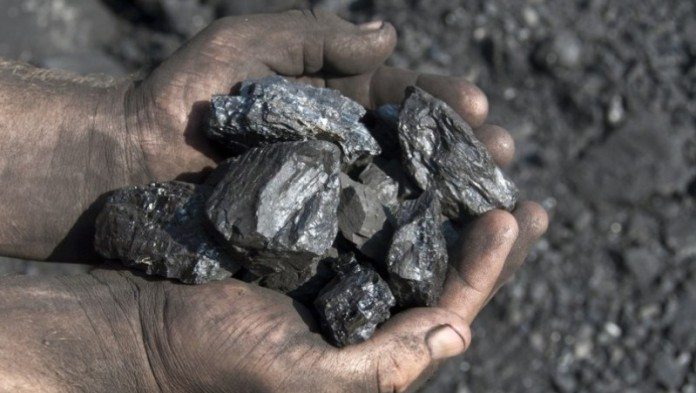
FOR confirmation thermal coal is back on the investment radar, look no further than a letter written to Glencore by Sydney-based Tribeca Investment Partners in March, asking management to retain its coal production instead of separately listing it in New York.
Plans for a demerger of Glencore’s coal were hatched last year as part of the $6.9bn acquisition of EVR, the coal assets of Canada’s Teck Resources. Glencore is expected to canvass its shareholders imminently once the EVR deal closes, possibly on Thursday.
Glencore’s coal assets are viewed as a cash cow, especially now that the EVR assets bulk up the Swiss miner’s exposure to metallurgical or coking coal which recently was boosted by the closure of Anglo American’s Grosevenor mine in Australia. “All else equal, the outage should bring forward the timing of expected tightening in the market balance,” said Morgan Stanley of Grosvenor.
Steaming or thermal coal also has solid economics.
“Growing, quietly,” said Morgan Stanley of the seaborne coal market. China is shutting down domestic production and relying more on imports, the bank said. As for the longer term, coal demand is expected decline but then plateau at a sustainable eight billion tons by 2026, according to an International Energy Agency report in January.
Sentiment towards coal is changing. More than 30% of voting shareholders opposed Glencore’s Climate Plan at the annual general meeting in 2023. A year later this opposition cooled. Whereas in 2023 it looked as if Glencore would struggle to get future Climate Plans passed, only 10% of shareholders opposed it at this year’s AGM.
There are other factors behind the shareholder letter. According to a report by Morgan Stanley, shareholders are concerned Glencore’s proposed split from coal would “introduce significant uncertainty”. They doubt whether Glencore’s base metals would attract a sufficiently high enough rerating, partly because copper in the portfolio is diluted by less compelling zinc and nickel production.
Elsewhere in the market, ESG-related funds are expected to decline for the first time on record this year, according to Barclays. Net ESG fund inflows in the UK have declined from £11bn in 2021 to a negative £3bn so far this year.
Germany and Scotland this year announced they are unlikely to meet their 2030 climate plans, while elsewhere the limitations of renewable power to offset declines in baseload capacity are becoming apparent.
Set in this context, a more nuanced approach to coal’s role appears to be emerging. “There’s too much demonising between industry and the environmental community right now,” BlackRock former chief of sustainable investing Paul Bodnar was quoted as saying in a recent Bloomberg News report. “It’s like a fight to the death. It needs to be a little bit more of a co-operative posture.”











